What we worked on
Mentors and group members contributed their ideas for problems/research questions and initiatives to address these. Our group looked at funding sources, including the Harvard i-Lab Dean’s Cultural Entrepreneurship Challenge, and did an analysis of whether our particular problem would fit this.
What follows are the ideas brought by group members.
Dan
Dan’s main question was ‘How do we expand the audience of interactive documentary and introduce filmmakers to these new audiences?’ An iteration he brought up to address this concern was to create an immersive theatre environment, in the vein of Sleep No More, or another setup where there is a low barrier of entry (cheap door $) and then the value is added inside by selling other experiences, in order to raise money for the arists and filmmakers who are showing their work. How to make it an event or happening, that will connect new audiences to the work? Dan also met a fellow at the MIT Media Lab who has a bunch of footage and archival media, she is interested in collaborating with the group.
Rachel
Rachel had a question of how to connect filmmakers with resources, such as a platform for funding and other technical resources that artists need. How can we connect the voices of the filmmakers with audiences? How can we use top-down approaches combined with content we generate to make meaningful changes for the users?
Léa
Léa became excited at the prospect of working with footage and material from a documentary filmmaker or journalist, perhaps with the aim of building out a prototype of an interactive doc, whether it be webdocumentary, interactive or immersive doc, or another extralinear form, including geosophic mapping combined with narratives.
Joe
The main problem that Joe brought concerns the desire for this project to continue beyond this semester and academic year. The questions of interactive documentary cannot be solved, but they are here to stay and should continue to be examined by stakeholders including filmmakers, technologists, journalists, historians, humanities scholars, and audiences interested in the form and content of the docs.
Cambridge/Boston is a fountainhead of documentary filmmaking and there are many opportunities to enhance opportunities that exist here, in terms of artists, institutions, audiences, and entrepreneurs. Is there a way between public-private partnerships and bringing together audiences and filmmakers by way of workshops, seminars, and screenings?
Here is a proposal for one potential solution: http://joesteele.org/film-work/
Valery
Valery’s main concern was the question of authorship in docs that employ the collaborative and participatory modes, especially with regards to aesthetic and film language (montage, duration, composition, mise-en-scene). Do the traditional forms of pictorial representation, dramaturgical film form, and textual analysis apply to interactive docs?
metaLAB team
Cris and Matthew brought some interesting concerns, including how to document our process and how to showcase the work (such as a design guide or field guide), how to scale up the project, and how to visualize our problem as a venn diagram where docs, platforms, and events could intersect.
We met Sherri Wasserman, metaLAB fellow, who has worked extensively with museums and digital storytelling. With metaLAB, she primarily focuses on the development of multiple interactive documentary projects, new paradigms of publishing, and the intersections of storytelling, mobile technologies, and physical space. She brought some wonderful problems of how to define the users and audience and how to engage larger publics with questions of interactive doc in both real and virtual space.
What went well
Generating many ideas, . The group is still on board with functioning as a workshop for documentary artists, journalists, and other creative technologists working with media. Potential visiting folks would include Jessica Landerman, Rebecca Richman Cohen, the filmmakers of Living Los Sures (by UnionDocs), and Michael Kleiman, who is the director of Web the Film.
What was challenging
Choosing among the myriad problems of interactive documentary that we have outlined and narrowing the scope to fit this project. With so many amazing ideas, it will be hard to choose, but perhaps there is a way of combining some of the questions.
What’s up next
We have to decide on one question or set of questions that we will go about solving. This will include a potential program, prototype, or product that we will work on, along with process documentation of the creation and deployment. Once we create an initial prototype or event, we can capture some narratives of users and stakeholders to test the validity of our question. We hope to build a showcase for the DPSI project showcase that can be installed in GUND 522 and will serve as a pilot.
Joe will share his notes from meeting with UnionDocs in Brooklyn, EYEBEAM artist colony in NYC, and the DocYard in Boston, including narratives and lessons learned documentation from the beginnings of these organizations. Dan will present his work the week of Halloween, with a trip to Lawrence to see his site-specific documentary.

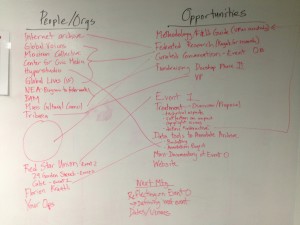
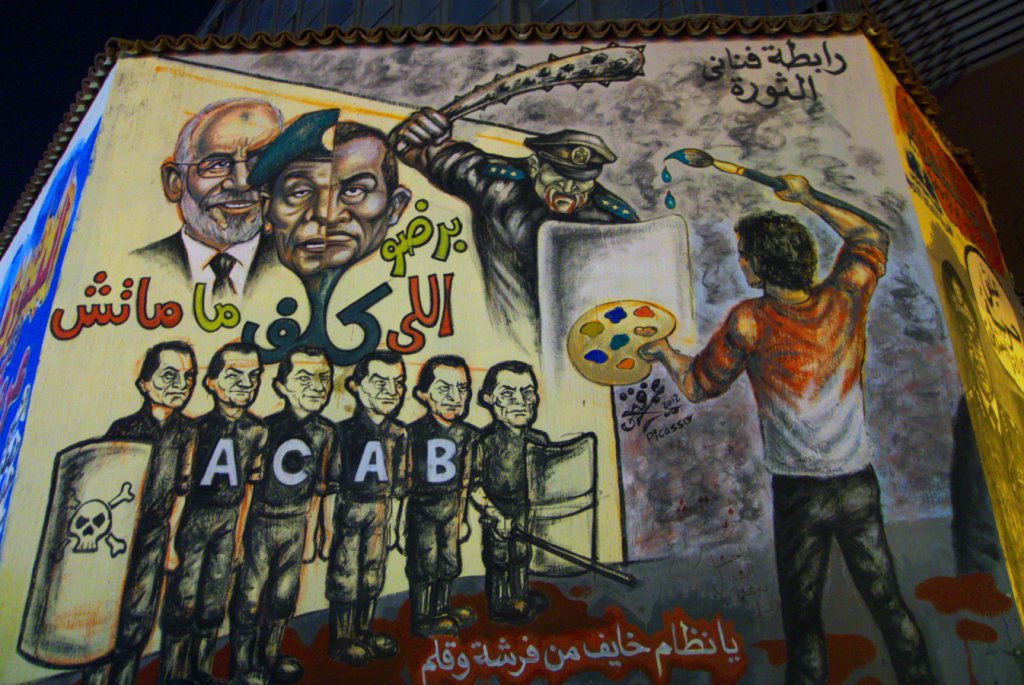
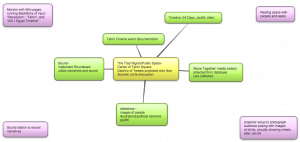
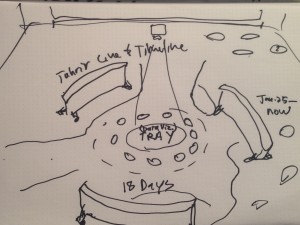
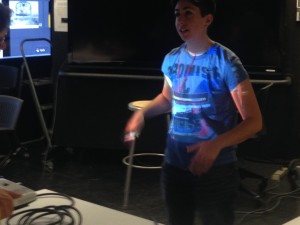
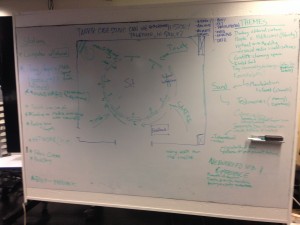
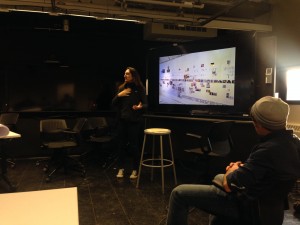
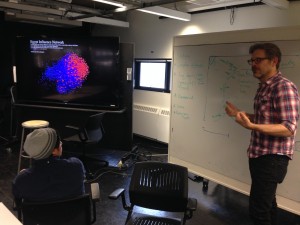
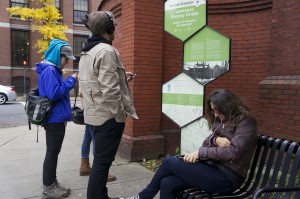
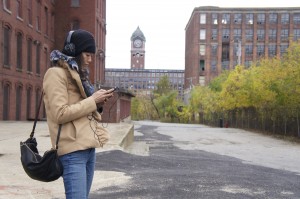
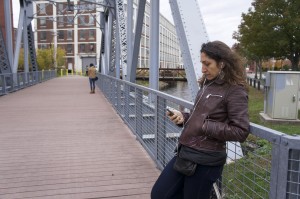 What Was Challenging
What Was Challenging